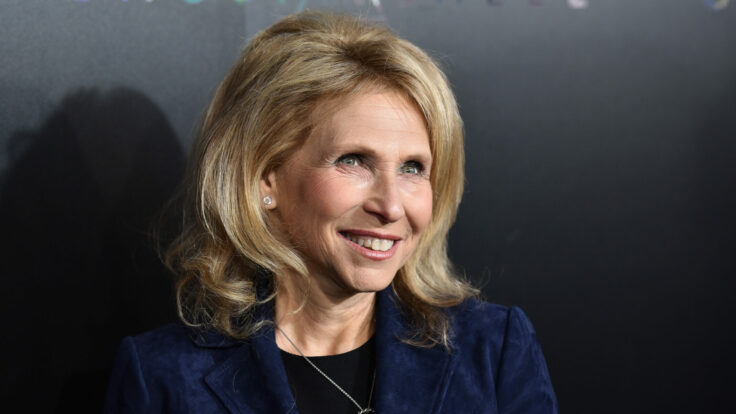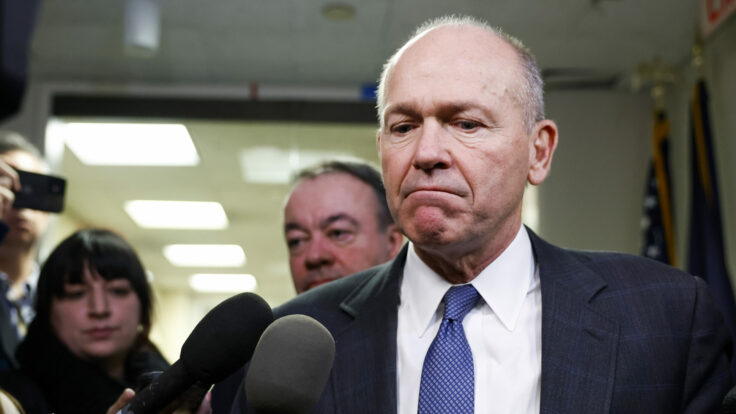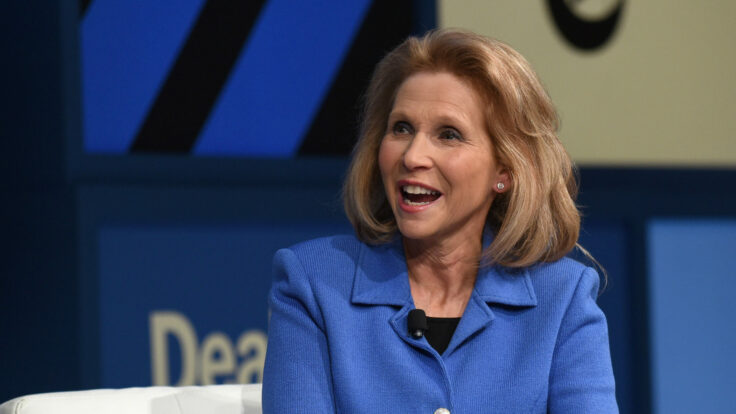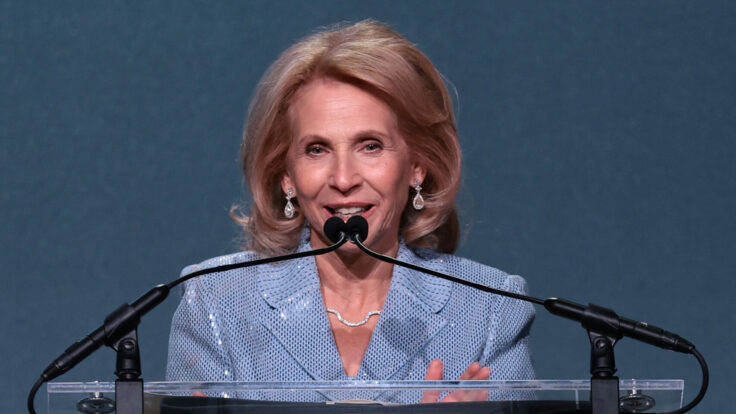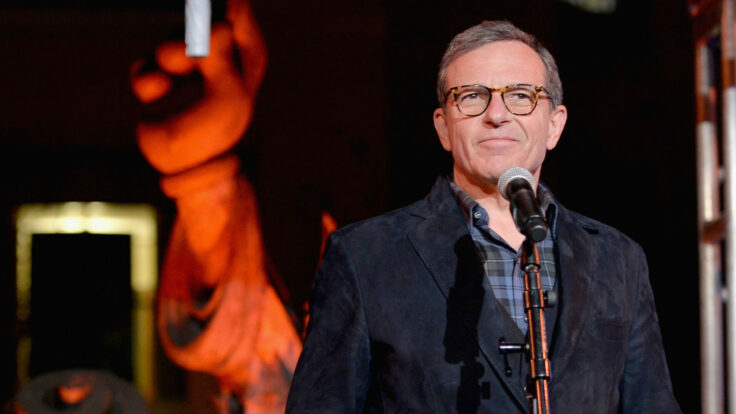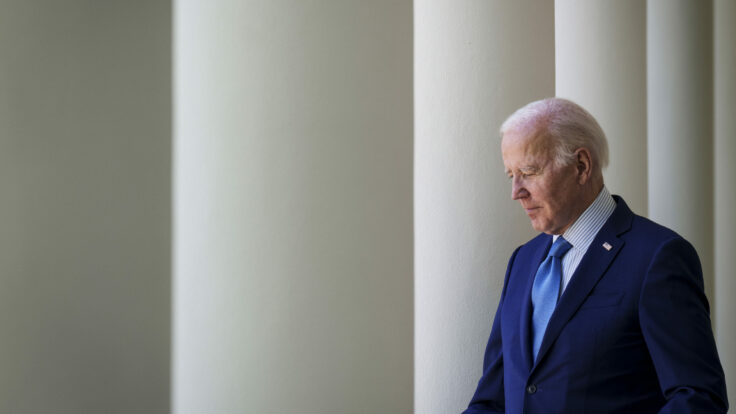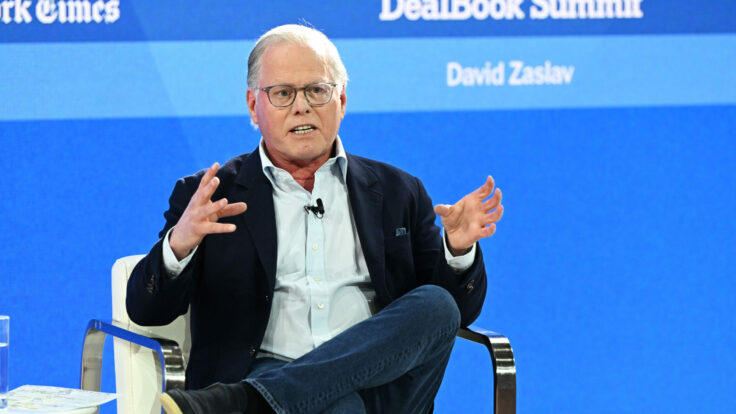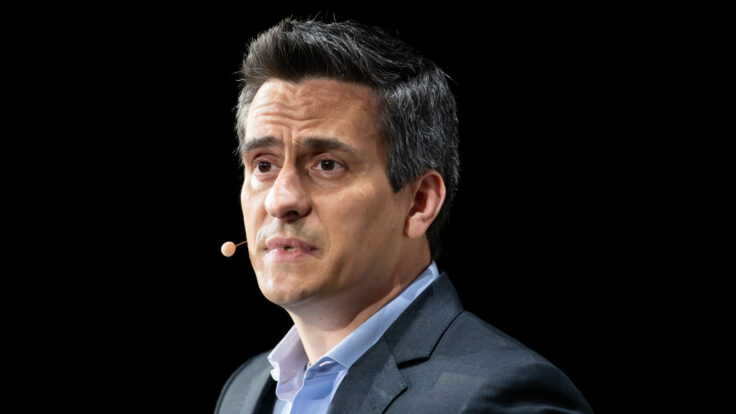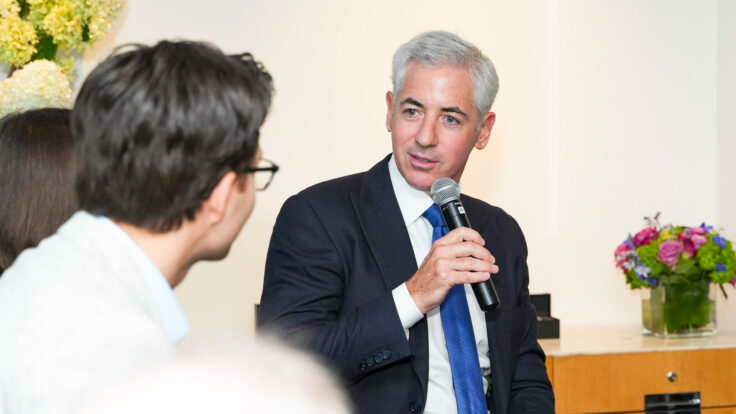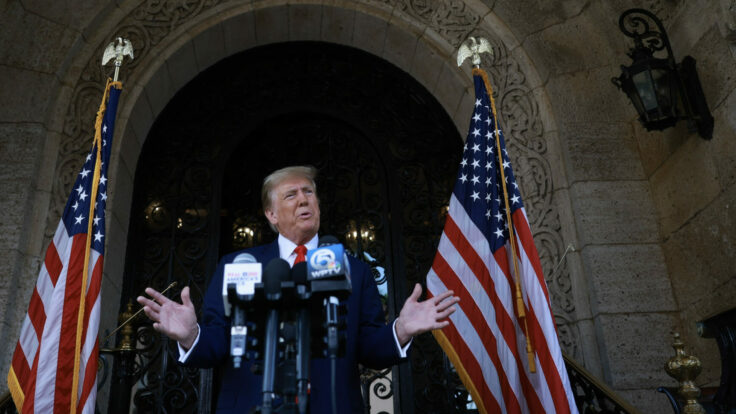Well, it’s no wonder that Warner Bros. Discovery is looking at more write downs than expected, and licensing out some of its valuable I.P., such as Westworld, to pay the bills. Ten dollars. That’s where the WBD stock is these days, down 61 percent since David Zaslav’s deal for Warner Media closed in April. That certainly has to hurt, especially the two biggest WBD shareholders, John Malone and the Newhouse family. But look, the original premise of the deal still makes sense to me: Zaz and his right-hand man, Gunnar Wiedenfels, are extremely well-qualified stewards of many of the old TimeWarner assets. Marrying them with the cable powerhouse Zaz built at Discovery certainly seemed like a smart combination, all things considered.
The problem for Zaz and Zazworld has become the financial deal that John Stankey, the C.E.O. of AT&T, imposed to get the deal done, all with the overlay of a rapidly changing media economic environment. The combination of the now roughly $50 billion in debt and a decreasing EBITDA outlook has proved more than a little challenging for Zaz and Gunnar. Hence the ongoing cost cutting at CNN and on the filmed entertainment side of WBD. Since real people’s lives and livelihoods are involved, this bloodletting is painful. But I don’t see it ending anytime soon. The combination of the lowered EBITDA projection for 2023 (around $12 billion) combined with WBD’s net debt of $47.5 billion is a serious challenge for Zaz and one that won’t be abating anytime soon.




